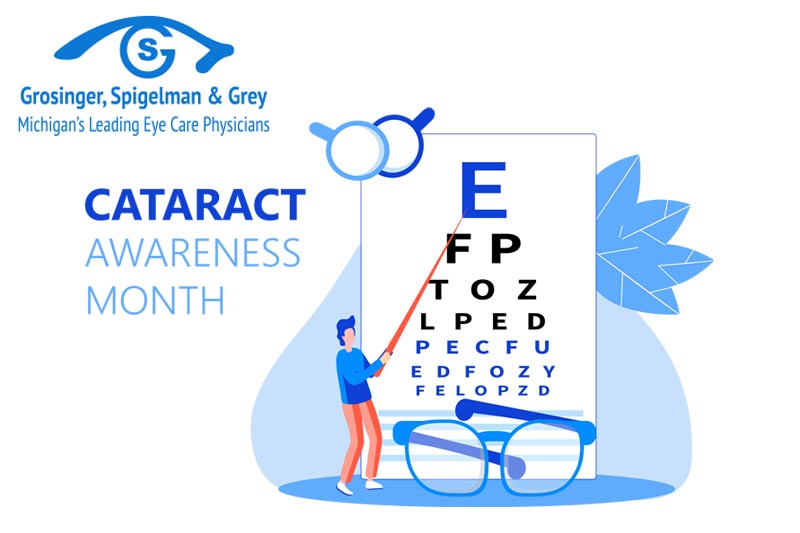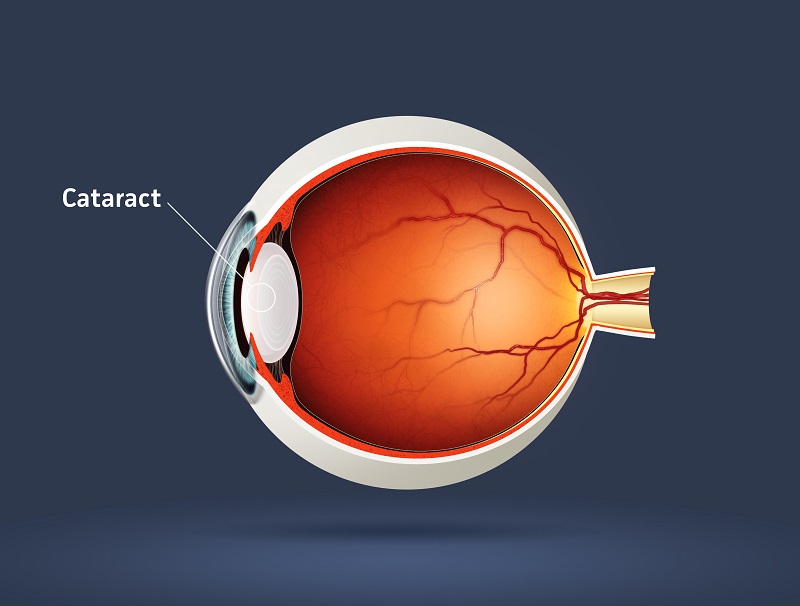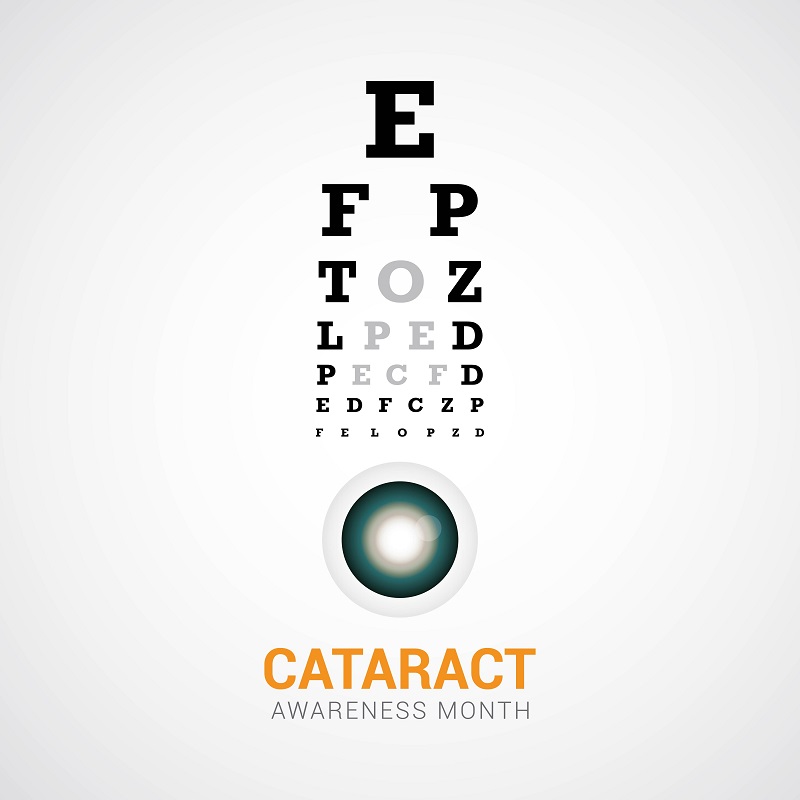
Cataracts can cause blindness. If you have cataracts, please know it is much more challenging to remove them to restore sight if they go untreated, making a commonplace surgery much more difficult. Early detection and treatment are vital to preserving your vision. Cataract Awareness Month is a great time to schedule a visit with your ophthalmologist. Contact Grosinger, Spigelman & Grey located in Bloomfield Hills, Michigan for an appointment today.



